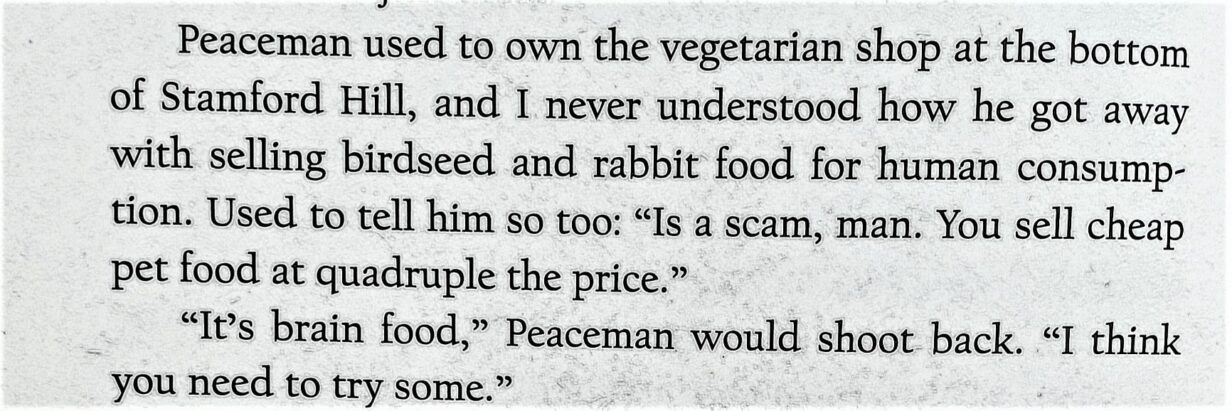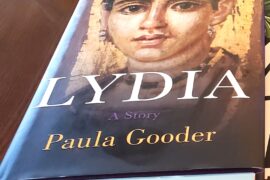This impressive sixth novel of the current Booker prize winner Bernadine Evaristo is a family tale of secrets, deception and new beginnings. At the centre of it all is the 74-year-old dandy, Barrington (Barry) Jedidiah Walker, and the crux of the book is his secret love relationship with Morris his childhood friend.
Both men are from Antigua and had migrated to England from the Carribean in their youth. Their relationship is a secret not just because of hurtful attitudes towards sex same relationships but also because both were married with children and their orientation was unknown to their families, or so they thought.
Mr. Loverman is an expansive tour of lyricism, a good dose of wit, a vivid view of modern Britain and an insight into migrant life in the UK from a black perspective. Evaristo is in top form while going back and forth, revisiting Barry’s fast and aligning it with the present where he is struggling with himself not just to come out but to own up to his wife of over fifty years that their marriage had been built on lies and deception. The struggle to renounce the lies he had sold his family, is what drives the book.
While Carmel is rightly painted as a crazy evangelical, the deterioration of the marriage as Barry struggles with the weight of his deception makes Carmel’s craze understandable. Like Barry himself rightly pointed out, “The way to be really despicable is to be contemptuous of other people’s pain” (quoting Baldwin). Irrespective of the need to live a double life, Barry contributed hugely to making her an emotional and mental wreck. As the couple grew apart, she was left to second guess her husband’s fidelity and her self-esteem took a severe bashing in the process. Blaming her evangelical bent in later years was disingenuous and obvious ridicule of her pain, which is in no way less than the need for Barry to be his true self. After all, Barry chose to live a double life. Carmel never chose to live in a marriage built on lies for half a century. Her antics were justified. Even without the sexual component, the friendship between Barry and Morris was rich and introspective. The humour in the writing made for a refreshing read. Also insightful were the relationships between Barry and his daughters (Donna and Maxine) and his grandson, Daniel. As a father in the twilight of his life, he is forever addressing the present with an introspective view at the past, correcting past parenting errors and reinforcing the fleeting successes that the weight of his deception made him unaware of. As Barry himself rightly said, “This is what happens when 75 percent of your life is in the past. Each step forward triggers a step backward.”
The back and forth structure of the book is such that while most of the book is written in the first-person narrative from Barry’s perspective, it is interspersed with a few chapters from Carmel’s perspective. These chapters were written in an idiosyncratic style devoid of proper punctuation, excessive poetic prose and no capitalisation. I found this tedious and a distraction from an otherwise excellently structured book. Another quip of mine was that I would have liked the character of Morris to have been more developed. His contrasts with Barry could have been explored more. Apart from these, Mr. Loverman was an excellent read and quite instructive in a non-obstructive manner. Highly recommended.
3.6/5






